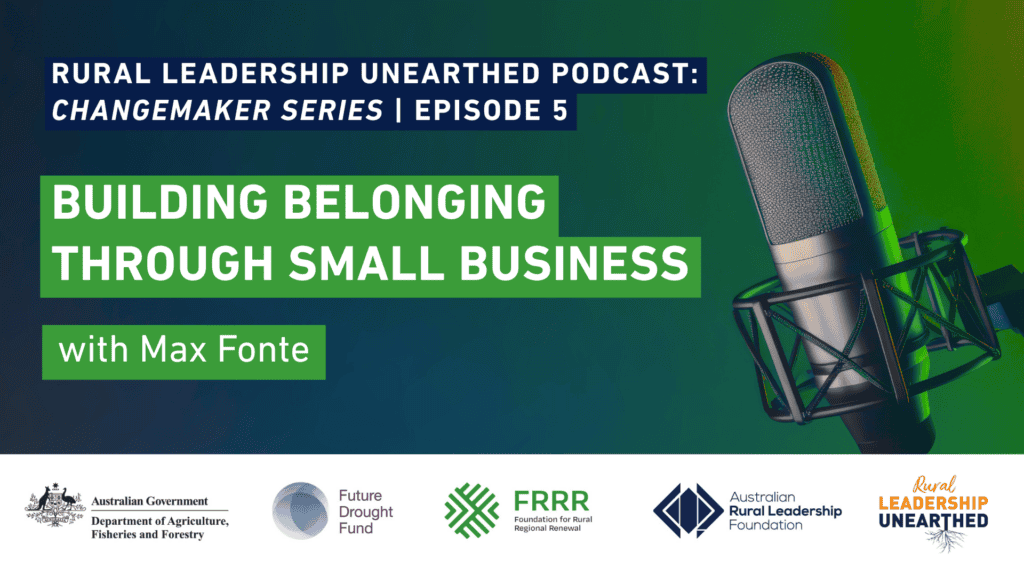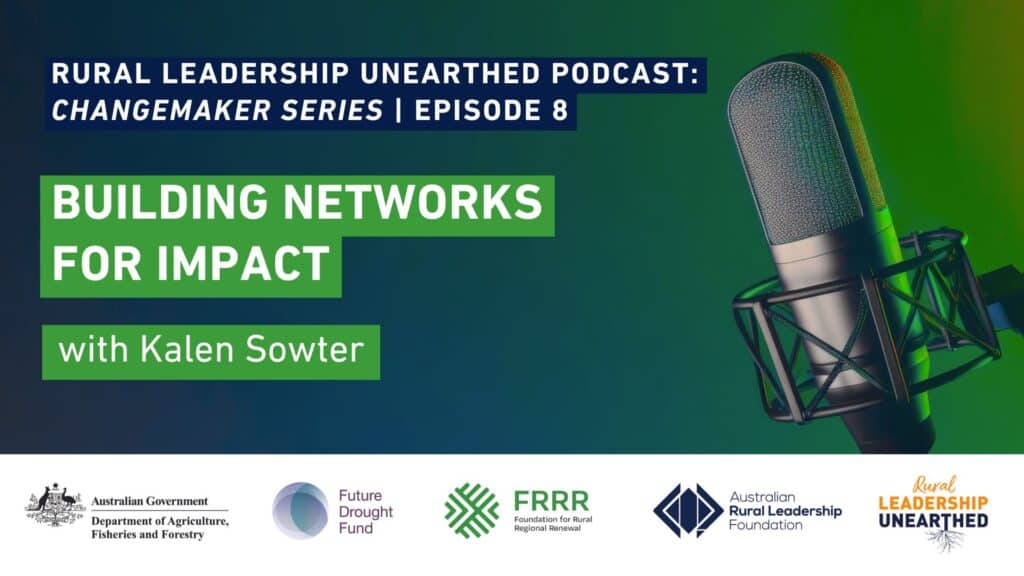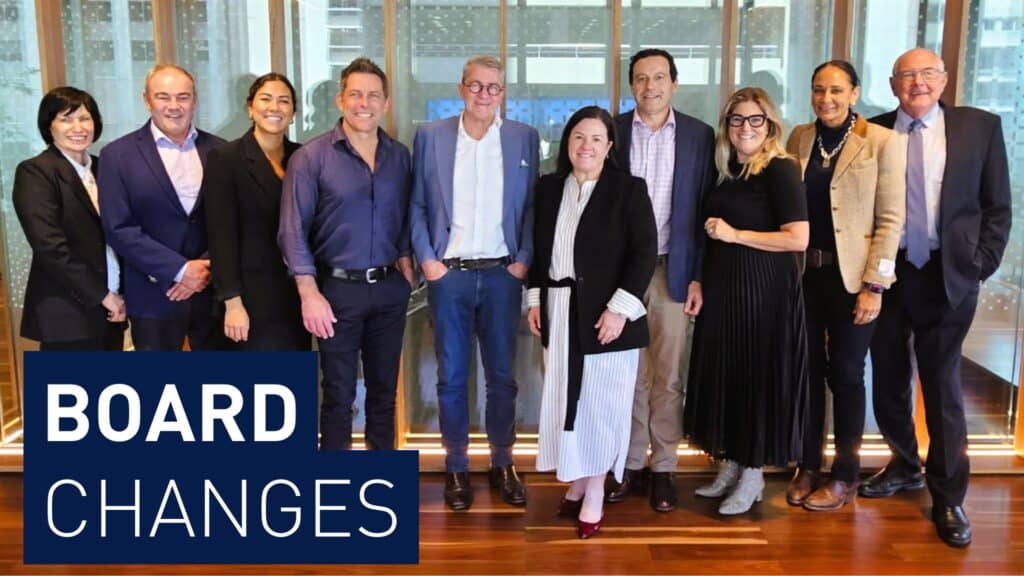Richard was working in the marketing and trading division of CBH when he started the Australian Rural Leadership Program. His working life has taken him from Western Australia’s south-east to the red dirt Pilbara and south again. His family had moved to seek a new life in Australia after 600 years of farming in Lithuania, with his father working near Ravensthorpe as an underground miner in the mineral rich area that is part of a grain producing region. With mining and farming encapsulating his childhood, it is hardly surprising that he ended up working in both fields. Time spent in gold mines and at CBH receival points accepting grain led to work in sampling, quality control and logistics— including a role with BHP at Newman, where 17 trains, carrying 180,000 tonnes of iron ore, were dispatched from the mine. Daily.
In 2010, he had transferred to Perth from his position as Albany Port Zone Manager and a colleague recommended he might benefit from the ARLP.
He was right. Richard says the ARLP gave him skills he needed to lead empathetically and effectively. Since graduating, and before assuming his current position with AEGIC, his roles included five years at the helm of CBH’s National Accumulations Team.
He is also a former Chairperson of the Country High Schools Hostels Authority, an inaugural board member of the Australian Grains Institute capacity building project, a Member of the Australian Institute of Company Directors and has a Graduate Certificate in Business with the University of Western Australia. He is on the Grain Trade Australia Trade and Market Access Committee, the Wheat Quality Australia Wheat Classification Council and is part of the Grains Industry Market Access Forum.
“The program allowed us to identify what was holding us back and gave us mechanism to deal with those things” Richard said.
Like all of the graduates interviewed, Richard speaks of how the ARLP instilled in him a depth of empathy, confidence in decision making, acceptance of responsibility and trust in others combined with the desire to ensure that those you lead do so from a place where they feel valued and confident. But when it comes to how these skills are acquired, there is a degree of secrecy. Graduates do not want to ruin the experience for others.
For Richard, his pivotal moment, the point where his life changed, occurred in the Kimberley.
He describes an experience during which course participants were literally and figuratively stripped of their baggage: no phones, no friends, no family. Out of their depths, in a culture that was alien to them and a landscape that loomed over them. With a bunch of people they did not know. Carrying out tasks and challenges that exposed their weaknesses and allowed them to draw on their strengths. They were vulnerable; stripped of the trappings of the world they knew and were comfortable in, but at the same time supported by people who did know where they were, and did know where they belonged, and knew the country well enough to be at ease in it.
A community elder, part of the leadership team, suggested that they could take their emotional baggage with them. Or leave it there, with him. He would take care of it for them. Richard now says that for someone who had lost his father when he was 17 years old, this was a healing experience.
“No one had ever offered to do that for me before: it was the most generous thing anyone had ever done for me,” Richard said.
The combination of sharing people and a spectacularly wild landscape made the Kimberley the perfect scenario for personal growth, but the region is not the only asset used to form compassionate leaders.
“The whole program works on making you resilient, humble, authentic and forgiving,” Richard said.
“In India, we saw amazing examples of leadership,” he said.
He said that he felt that “if these people can affect change with limited resources” there was potential for leadership to affect change anywhere.






